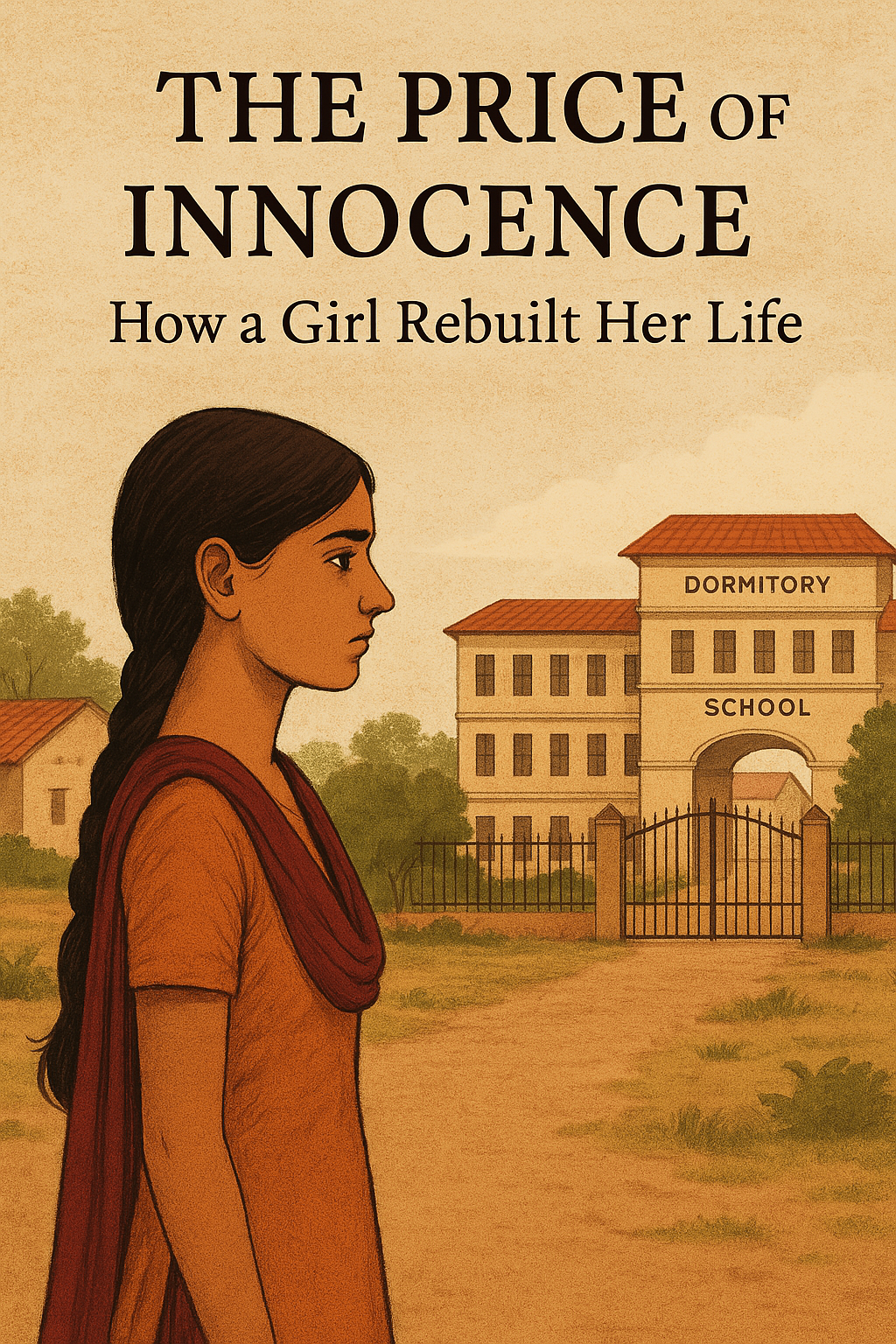The Price of Innocence How a Girl Rebuilt her life

When a girl leaves her family and moves in to a dorm, what she goes through & learns lessons of her life.
A quick note from the site owner:
I recently discovered an issue with the download button on this page. I’m already working on a fix.
Until then, please use the form below — I’ll send your file directly to your email.
Thank you for your patience and for being here.
